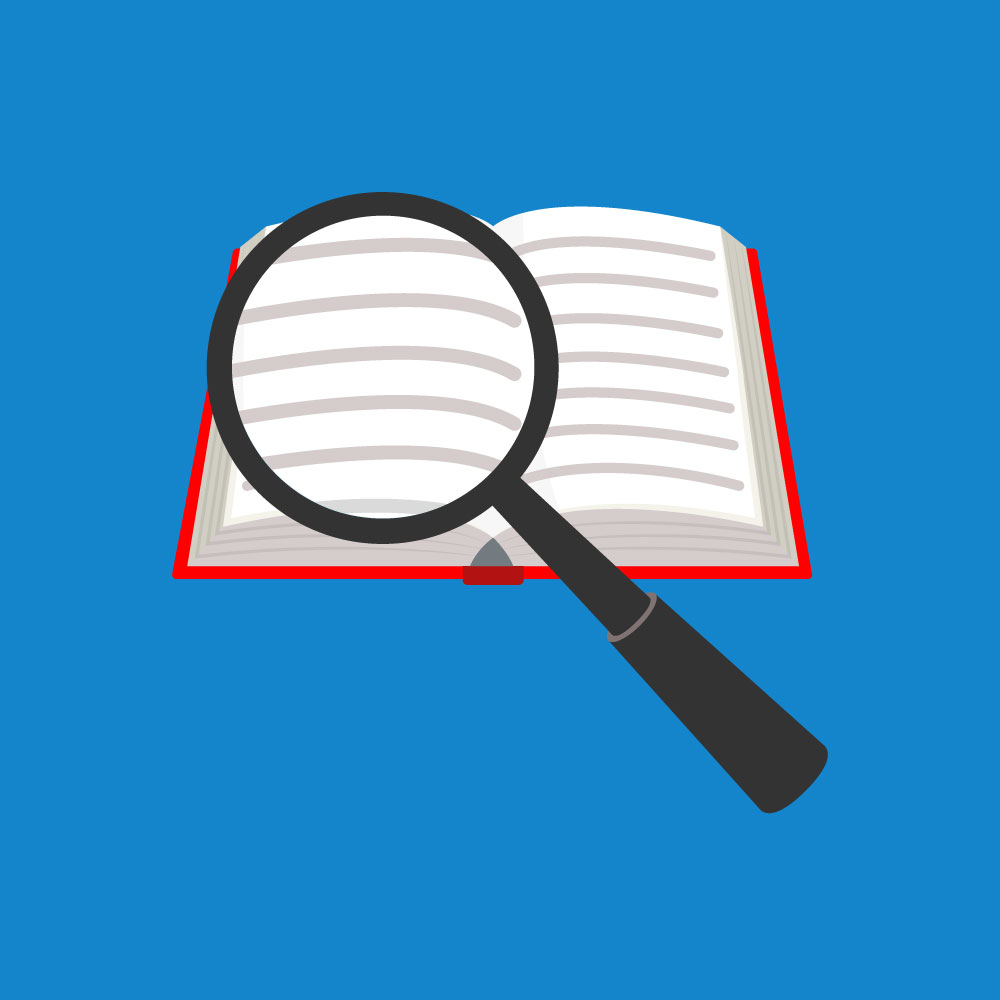
This is the second in a series of articles discussing the basic principles of plain language by Aaron Dalton.
Defining literacy
Literacy is not just about being able to read and write; it’s also about being able to understand and use what you read. In an earlier blog post, I mentioned a standardized measure called the Programme for the International Assessment of Adult Competencies (PIAAC), developed by the Organisation for Economic Co-operation and Development (OECD).
The OECD defines the PIAAC assessment of literacy as “the ability to understand and use information from written texts in a variety of contexts to achieve goals and develop knowledge and potential.” They define five levels of literacy that encompass skills ranging from finding specific information in a short, well-structured document to searching for information across multiple dense texts and evaluating the reliability of evidentiary sources. “Low literacy” is defined as level two or lower. Half of Canadian adults fell into this category.
Understanding literacy statistics
We all understand that reading itself is a learned skill, but so is reading critically, evaluating evidence and synthesizing information across multiple documents. These are skills that many people hone in university. As with skills like playing a musical instrument, our ability to do these things is rarely constrained by intelligence or general capability (learning disabilities aside); it’s more usually restricted by opportunity. The reason I focus on literacy statistics in my workshops is to try to counter the “curse of knowledge” that creeps into professional organizations.
Where I work now, I’d wager that most people have at least a bachelor’s degree, and a large percentage have master’s degrees. But according to the 2016 census, 45 per cent of Alberta’s adults have no post-secondary education whatsoever. So while our writers have had many years of experience engaging with complex and challenging texts, most of our readers have not. (And whenever someone tells me a document is for a university graduate, I show them the finding that one in four university graduates in Canada demonstrated low literacy.)
Or consider that English is a foreign language to one in four adults in Alberta. If you want to feel what it must be like to be truly illiterate in a given language, try picking up a document in a language you barely know (another perfect example of how inability is tied more to opportunity than to inherent capability). I learned French as a young adult and Italian as an older one, and in my graduate program I had to work with academic texts in both languages. I understand viscerally how much extra energy and effort it can take to grapple with and retain meaning from documents in a non-native language, even one you’re relatively fluent in.
Writing with empathy
Reading complex documents is difficult no matter what. It is even harder for those who have not had much practice doing so. And it’s made harder still if the document is not drafted with empathy. I believe my job as an editor is to act as proxy for these readers and help the writers I work with see that you can indeed convey challenging material in ways more people can understand.
I’m of course coming from a specific perspective (regulatory writing that affects all Albertans). How does literacy apply to the writing you edit? What insights have you had?
___
Previous post from Aaron Dalton: What Is Plain Language? Part 1: A Definition
The Editors’ Weekly is the official blog of Editors Canada. Contact us.
Discover more from The Editors' Weekly
Subscribe to get the latest posts sent to your email.
